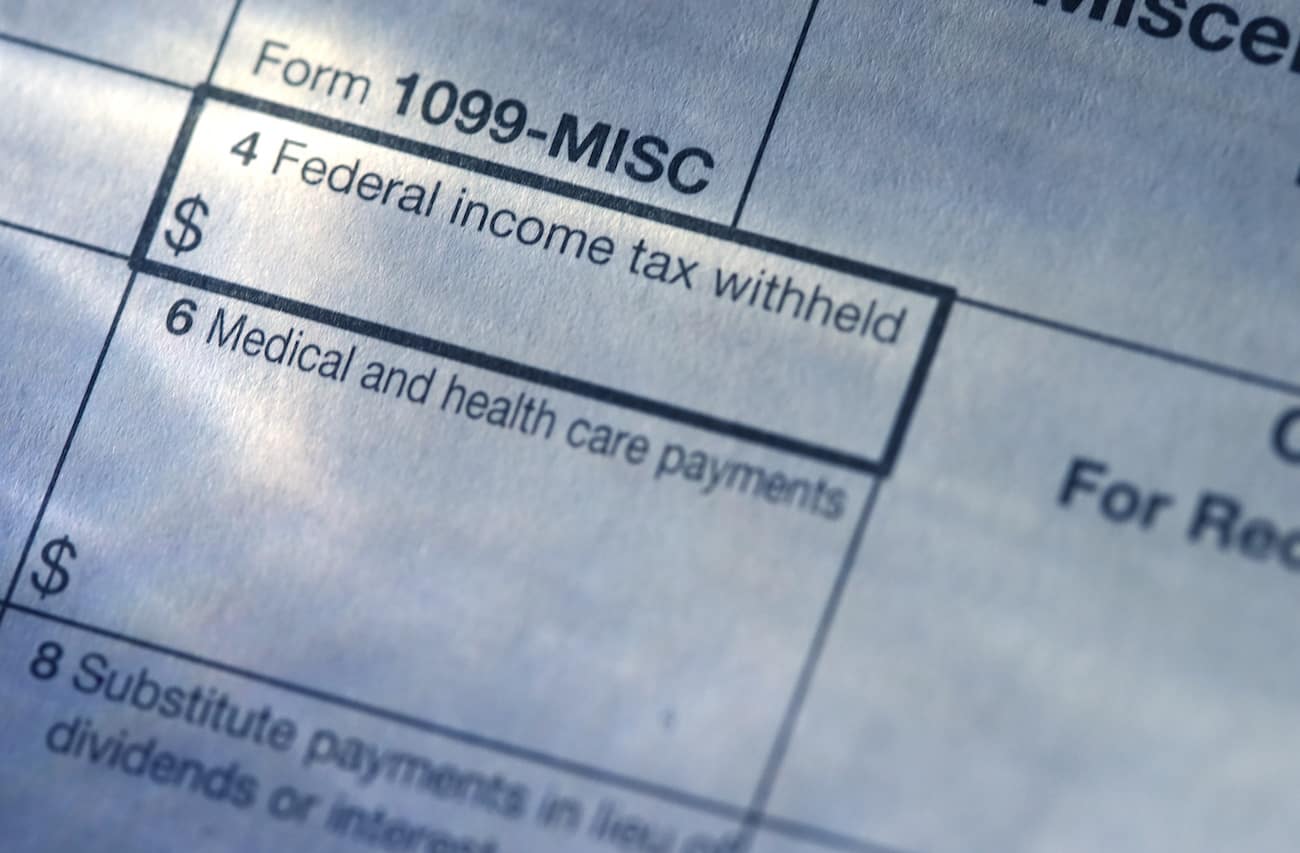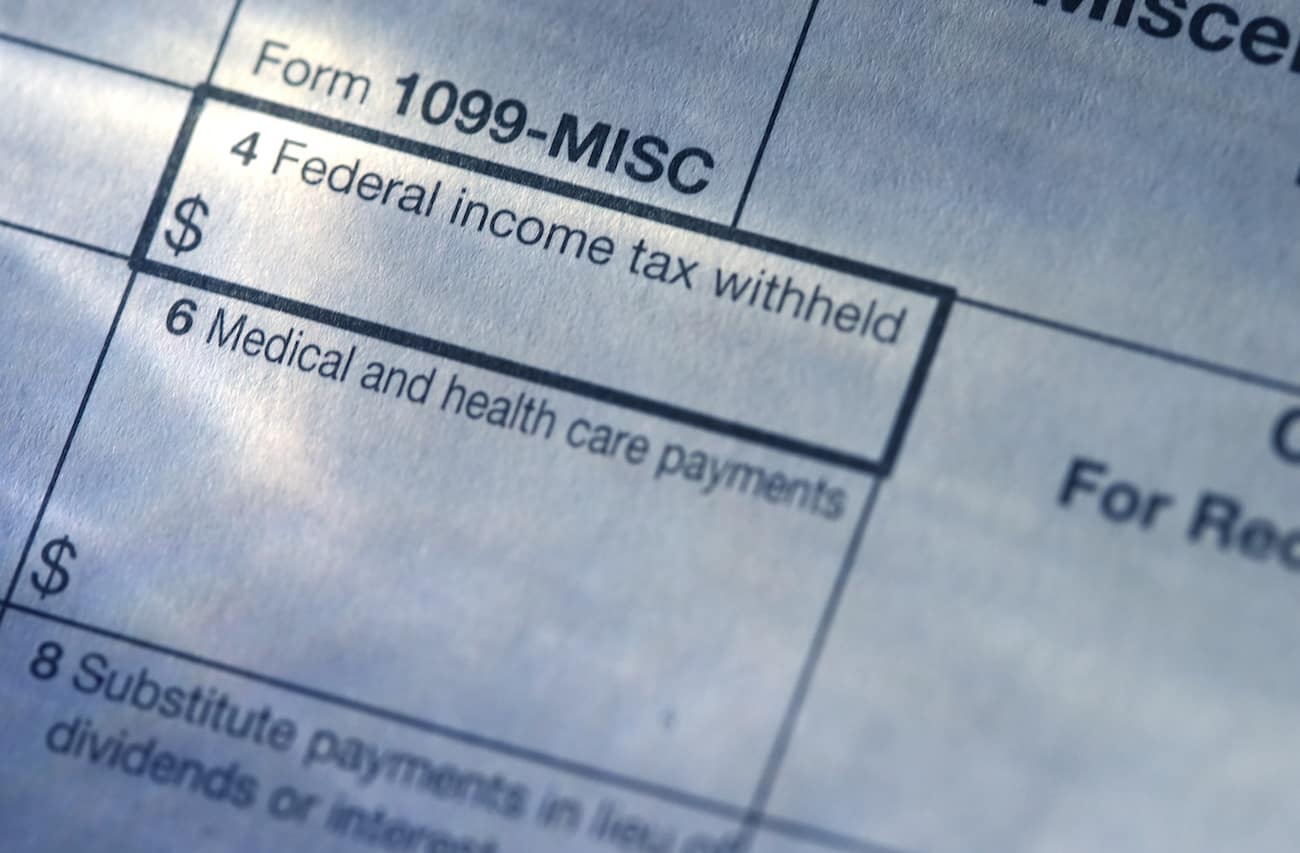Most people, if not all of us, aim to achieve financial success. Be it within our personal lives or business lives, we want to have that financial peace of mind that you have enough cash, that it is continuously flowing, and that you have the right amount of cash cushion to fall back into.
While the goal is clear as day, the journey to getting there is not. It is hard to know where to begin and how to traverse this journey towards this financial success. But worry not, it being difficult does not mean it is impossible!
To help you, here are a few tips to achieve financial success:
-
Add Value

The best place to start your journey to financial success is within yourself.
Many successful entrepreneurs add value to themselves or within their business first, then they proceed to add value to their specific industries. Invest in yourself and your business. Build a good and strong foundation that will make you different from others thus, adding value. This will not only help you reach financial success, but you can also help your industry by setting a good example and being a pioneer for being different.
-
Create a Plan and Follow It

Just like when you have a destination to an unfamiliar location where you would likely need to create a map and have a plan to reach that certain destination, the same thing applies to achieving financial goals or any other goals in general. It is always a best practice to have a plan and strictly follow it, but also be open to certain changes along the way.
When creating a plan, always remember to be realistic with it. Keep in mind the S.M.A.R.T. goals where your outline should be Specific, Measurable, Attainable, Relevant, and Time-based. A well-created plan will prevent you from going off track so be sure you have one while you achieve your financial success.
-
Develop Discipline and Patience

Nothing big is accomplished overnight, so if you are thinking that achieving financial success can happen within a snap of a finger, it’s time to change that mindset. Discipline and patience are two important personality traits you should have when reaching for financial success. Even if you have the perfect plan, best opportunities, and great strategic efforts, know that it could still take years for the success to fully manifest.
It’s easy to get frustrated early on, but having discipline and being patient can be extremely rewarding.
-
Take Calculated Risks

Whether it’s starting a business or investing in stocks, every avenue to making money requires some risk. To earn, you should take risks, but they should be calculated.
While having discipline and patience is a must, this doesn’t mean that you should just wait passively. You have to take a chance and take risks on ventures and ideas that you have that will help you reach financial success. But do keep in mind that it is important to think deeply and evaluate multiple outcomes before you decide that the risk is worth taking. Taking risks without thinking about them beforehand is an incredibly quick way to lose money.
These are just some of the many things you should think about as you make your way towards financial success. If ever you feel lost, know that there are professionals that can better assist you with this so be open to working with them.
FAS focuses on providing financial insights that can help you and your business. If you need assistance with bookkeeping, business and/or individual income tax return preparation or cross-border taxes, feel free to contact us! Reach us at admin@fas-accountingsolutions.com or at 713-855-8035.




















